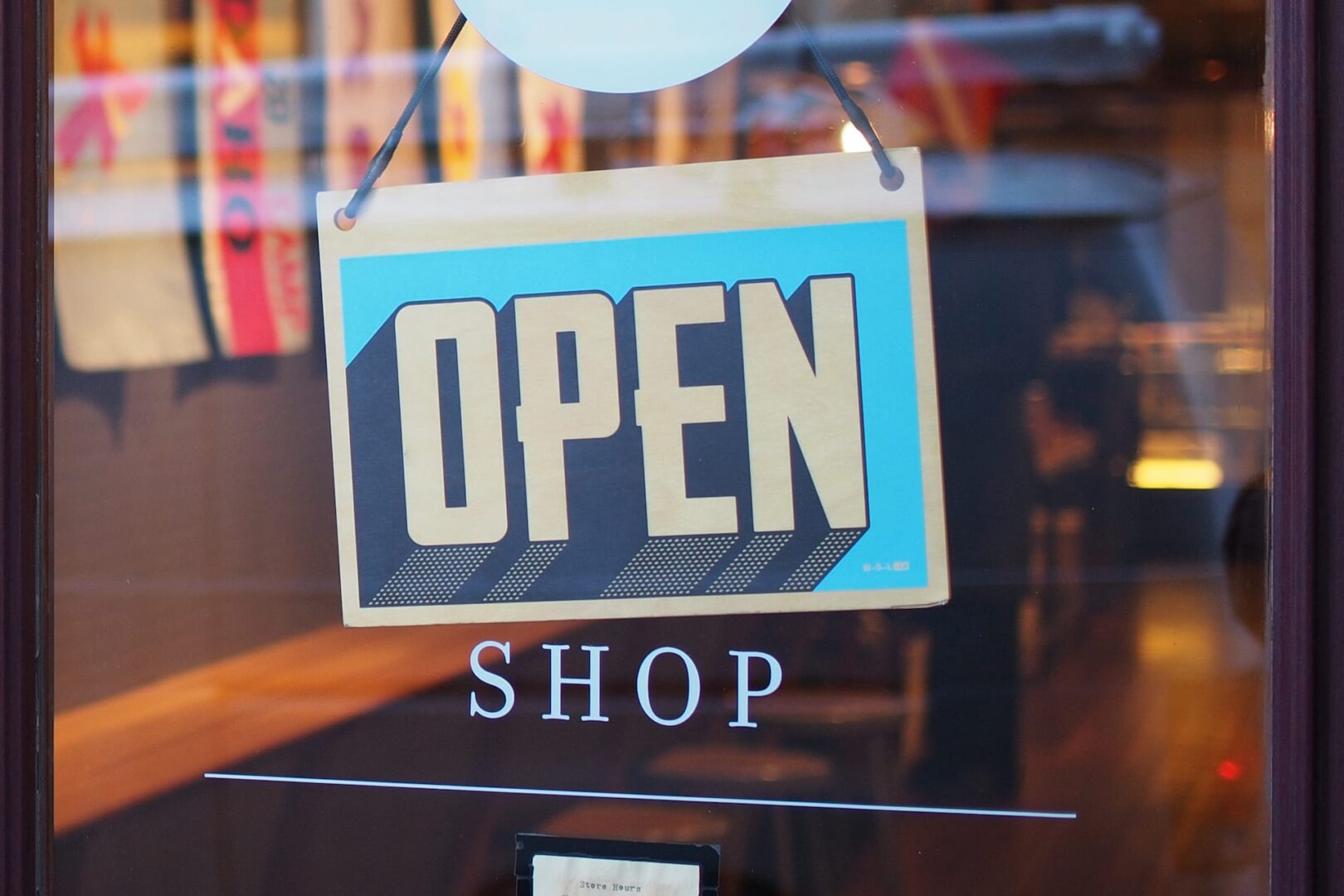How to set up a fund for unexpected future national emergencies?
Financial preparedness is the state of having the financial resources necessary to deal with a financial emergency. It includes having enough money saved to cover unexpected expenses, having insurance in case of an accident or illness, and having a plan for how to deal with financial challenges. Financial preparedness is important for everyone, but it is especially important for those who are self-employed or who have variable incomes. If you do find yourself in an emergency, you can look at options for emergency personal loans so you can get the money you need right away.
Financial preparedness can help you weather financial challenges and protect your family from financial hardship and is an important part of being prepared for future unexpected emergencies.
Here are some tips to help you financially prepare for future emergencies:
Create or update your emergency financial plan. This plan should include how you will access cash, how you will pay bills, and how you will manage your financial affairs if you are unable to work.
Build up an emergency fund. This fund should be able to cover your living expenses for three to six months. Start small and gradually increase your savings over time.
Reduce your debt. The less debt you have, the more financial flexibility you will have in an emergency. create a budget and make extra payments on your debts each month.
Make sure you are adequately insured. Make sure you have health, life, and property insurance in place in case of an emergency. Review your policies regularly to ensure they still meet your needs.
Increase your financial knowledge. Take some time to learn about personal finance and investing. This will help you make better financial decisions in the future.
Talk to your family and friends about your emergency financial plan. It is important to have a support system in place in case you need to rely on them for financial assistance.
Bottom line
One of the best ways to prepare for unexpected future national emergencies is to set up a rainy day fund. This fund can be used to cover unexpected expenses related to the emergency, such as medical bills or repairs. To set up a rainy day fund, start by setting aside a fixed amount of money each month. This money should be deposited into a savings account that is separate from your regular checking account. Once you have built up a sufficient balance, you can then use the money in the rainy day fund to cover emergency expenses.
In addition to setting up a rainy day fund, you can also take steps to reduce your overall expenses. This may include cutting back on unnecessary spendings, such as entertainment and dining out. By taking these measures, you can ensure that you have the financial resources available to cover unexpected future national emergencies.




